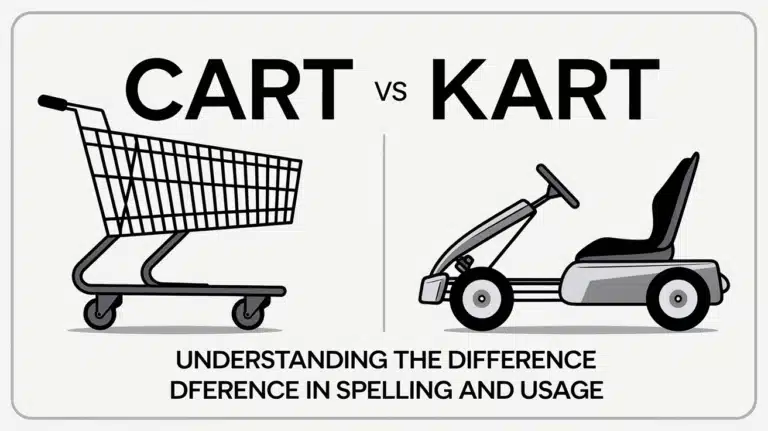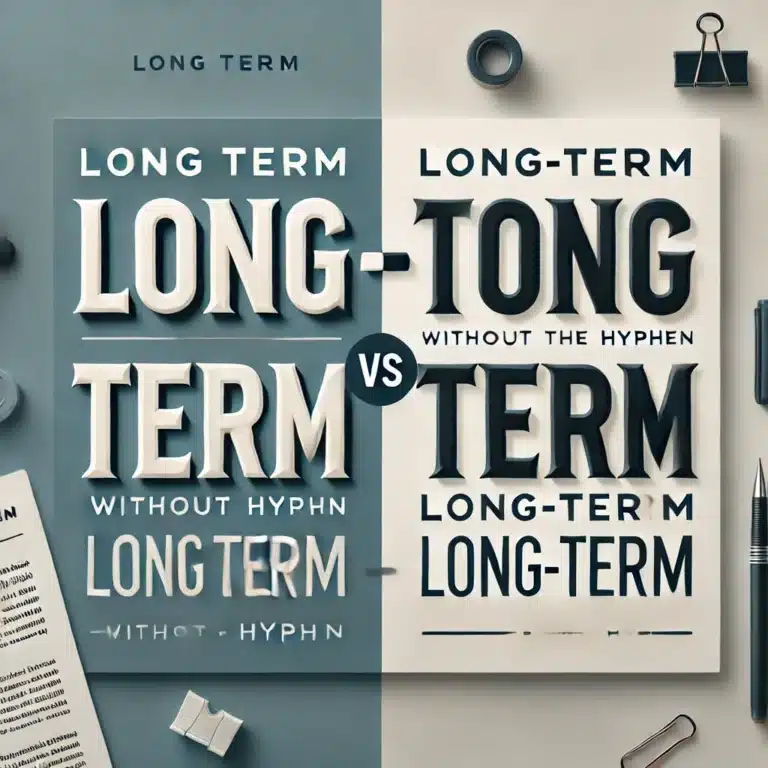Coach vs Couch: Definitions, Differences, and Examples
Ever noticed how two similar-sounding words can create a world of confusion? The words “coach” and “couch” stand as perfect examples of English language’s playful complexity. While one helps transform lives and guide journeys, the other offers comfort and rest after a long day.
In today’s digital age, where professional coaching has exploded into a $15 billion industry and the furniture market shapes modern living spaces, knowing the distinction between these terms matters more than ever. From sports arenas to living rooms, from career development to home décor, these words play crucial yet completely different roles in our daily lives. Let’s unravel the fascinating story behind these commonly confused terms and master their proper usage once and for all.
The Root of the Confusion
Why do so many people mix up coach and couch? The answer lies in their similar phonetic patterns. Both words share the same ending sound, and in some regional accents, they’re pronounced almost identically.
Common Mix-up Factors:
- Similar sound patterns
- Close spelling structure
- Shared linguistic origins
- Regional pronunciation variations
Breaking Down “Coach”
A coach wears many hats in modern English. This versatile word represents both people and objects, each with distinct purposes.
Professional Coaching Roles:
- Sports coach
- Life coach
- Business coach
- Career coach
- Executive coach
Fun Fact: The coaching industry has grown by 21% since 2015, with over 71,000 coach practitioners worldwide.
Read More About : Heyday or Hayday: What’s the Right Word to Use?
Transportation Meaning
The term “coach” also refers to:
- Long-distance buses
- Train compartments
- Horse-drawn carriages (historical)
| Coach Type | Primary Use | Typical Features |
|---|---|---|
| Tour Coach | Tourism | Large windows, luggage storage |
| Charter Coach | Private hire | Luxury seating, amenities |
| Team Coach | Sports teams | Equipment storage, team branding |
Understanding “Couch”
The word “couch” primarily refers to furniture, but its meaning has evolved over centuries.
Types of Couches:
- Sectional
- Loveseat
- Chesterfield
- Daybed
- Sleeper sofa
Modern Design Variations
Contemporary Couch Styles:
- Mid-century modern
- Minimalist
- Industrial
- Scandinavian
- BohemianSide-by-Side Comparison
Let’s break down the key differences:
Coach:
- Pronunciation: /koʊtʃ/
- Primary meanings: instructor, vehicle
- Usage: verb and noun
- Common phrases: “life coach,” “coach class”
Couch:
- Pronunciation: /kaʊtʃ/
- Primary meaning: furniture
- Usage: mainly noun
- Common phrases: “couch potato,” “crash on the couch”
The Language Evolution
Etymology of Coach
The word “coach” traces its roots to the Hungarian town of Kocs, where covered carriages were first made in the 15th century. The Hungarian word “kocsi” evolved through several European languages:
- Hungarian: kocsi
- German: Kutsche
- French: coche
- English: coach
Etymology of Couch
“Couch” derives from the Old French “coucher,” meaning “to lie down.” Its evolution:
- Latin: collocare
- Old French: coucher
- Middle English: couche
- Modern English: couch
Modern Usage and Context
Digital Age Coaching
The coaching industry has embraced technology:
- Virtual coaching platforms
- AI-powered coaching apps
- Online coaching certifications
- Remote coaching sessions
Furniture Industry Trends
Modern couch developments include:
- Smart furniture integration
- Sustainable materials
- Modular designs
- Multi-functional pieces
Common Expressions and Idioms
Coach-Related Phrases:
- “Back-seat coach”
- “Coach class blues”
- “Life coach moment”
- “Monday morning coach”
Couch-Related Phrases:
- “Couch potato”
- “Couch surfing”
- “From the couch”
- “Casting couch”
Professional Impact
The distinction between coach and couch matters significantly in professional contexts:
Coaching Industry Standards:
- ICF certification requirements
- Professional ethics guidelines
- Industry best practices
- Quality benchmarks
Furniture Industry Metrics:
- Manufacturing standards
- Safety regulations
- Quality control measures
- Sustainability requirements
Quick Reference Guide
Remember These Tips:
- Coach teaches or transports
- Couch is for sitting
- Coach can be a person
- Couch is always an object
Common Mistake Prevention:
- Think “teach” for coach
- Think “ouch” for couch
- Consider context clues
- Check usage in professional writing
Famous Quotes:
“A coach is someone who tells you what you don’t want to hear, who has you see what you don’t want to see, so you can be who you have always known you could be.” – Tom Landry
“Life is like a couch – it’s all about finding the right balance between comfort and support.” – Unknown
Conclusion
The difference between coach and couch is clear once you know what to look for. A coach is someone who guides, teaches, or trains others, or it’s a type of vehicle for travel. A couch is simply a piece of furniture where people sit or lie down.
Remember these words by their everyday use: coaches help you reach goals, while couches help you relax. Whether you’re talking about your new life coach or buying a comfy couch for your living room, using the right word shows you care about clear communication. Keep it simple – think “teach” for coach and “ouch” for couch.
Frequently Asked Questions About Coach vs Couch
Q: What’s the fastest way to remember the difference between coach and couch?
A: Think of “teach” for coach (both have ‘ch’) – a coach teaches. For couch, think of “ouch” – something you might say if you fall on a couch too hard.
Q: Is “coach” ever used as a verb, and “couch” isn’t?
A: Yes! “Coach” can be used as a verb (I’ll coach you through this) but “couch” is mainly used as a noun. In rare cases, “couch” can be a verb meaning “to phrase something in a particular way” (couch your request politely).
Q: Why do sports trainers get called coaches?
A: The term comes from the 1830s when university students used “coach” as slang for a tutor who would carry students through their exams – like a coach (carriage) carrying passengers. The term stuck and spread to athletics.
Q: What’s the difference in pronunciation between coach and couch?
A: “Coach” is pronounced as /koʊtʃ/ (like ‘coat’ with ‘ch’ at the end), while “couch” is pronounced as /kaʊtʃ/ (like ‘cow’ with ‘ch’ at the end).
Q: Can both words be used in business settings?
A: Yes, but in different contexts. “Coach” is used for professional development (executive coach, business coach, leadership coach), while “couch” would only appear in office furniture discussions or casual conversations.







